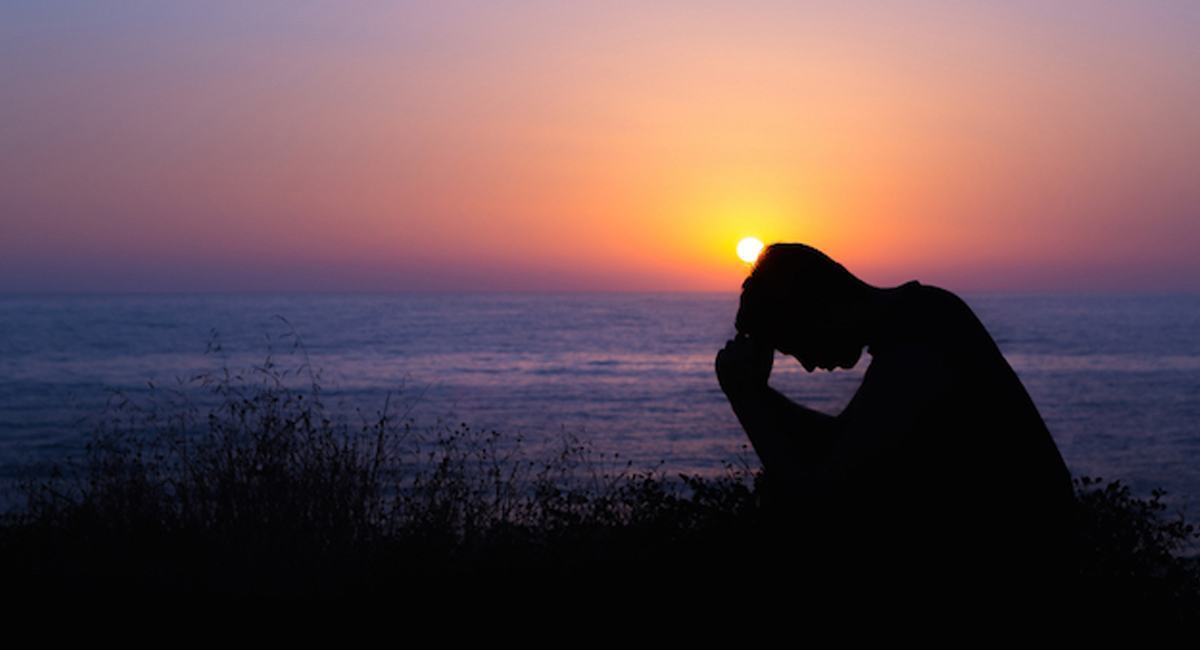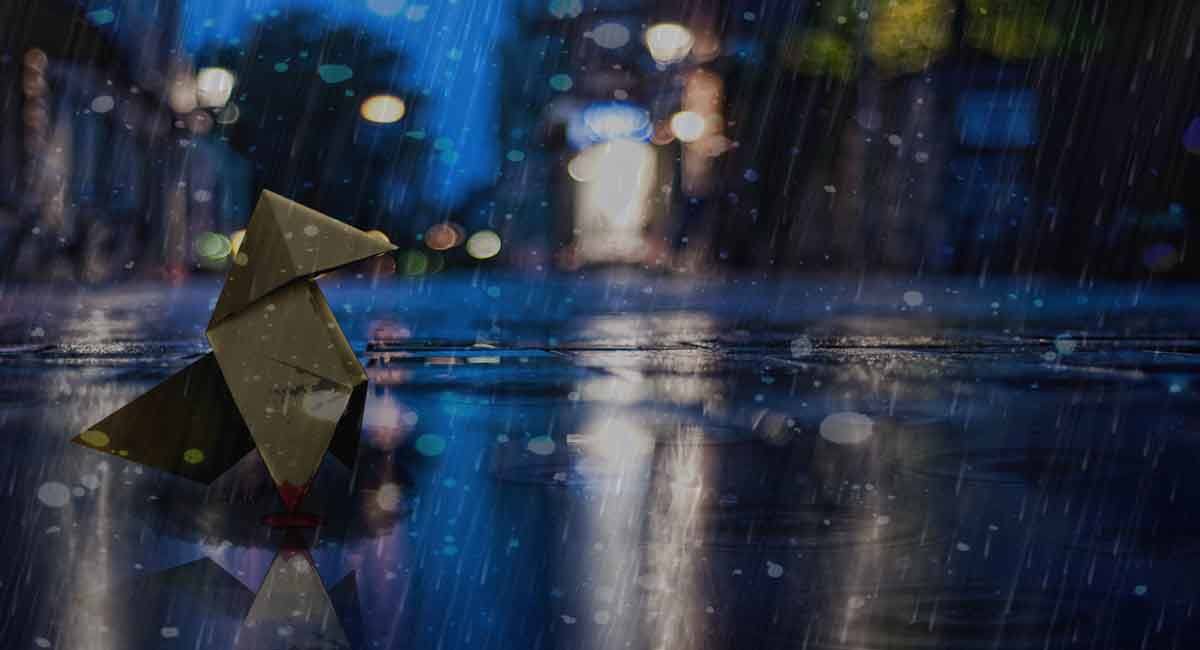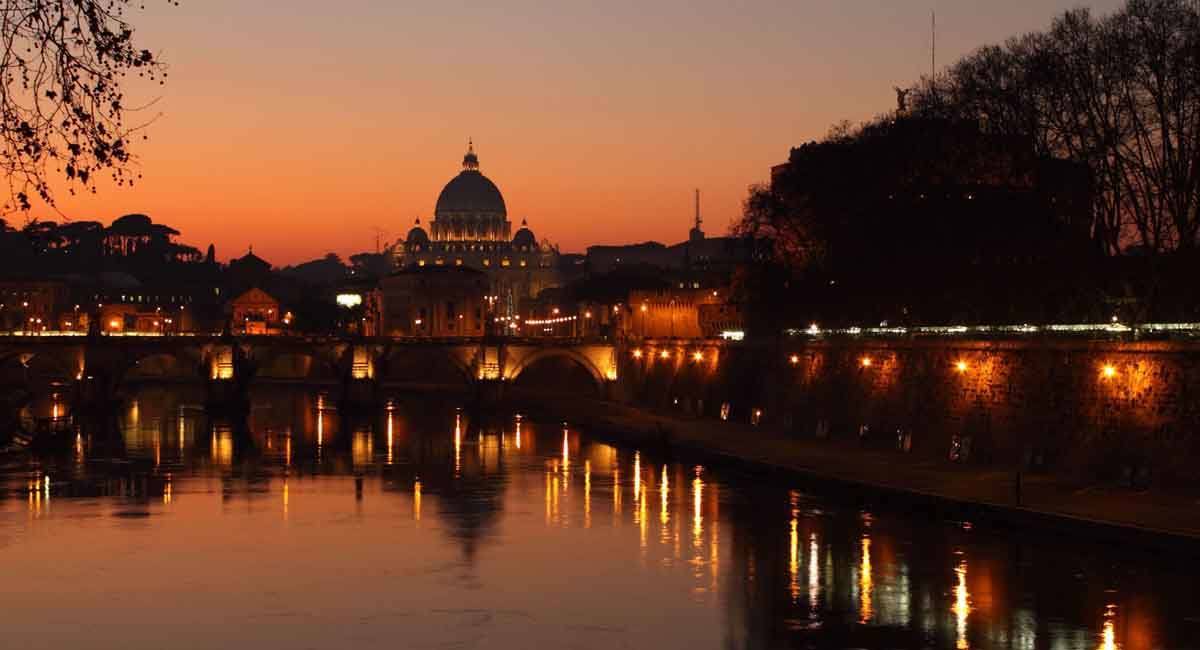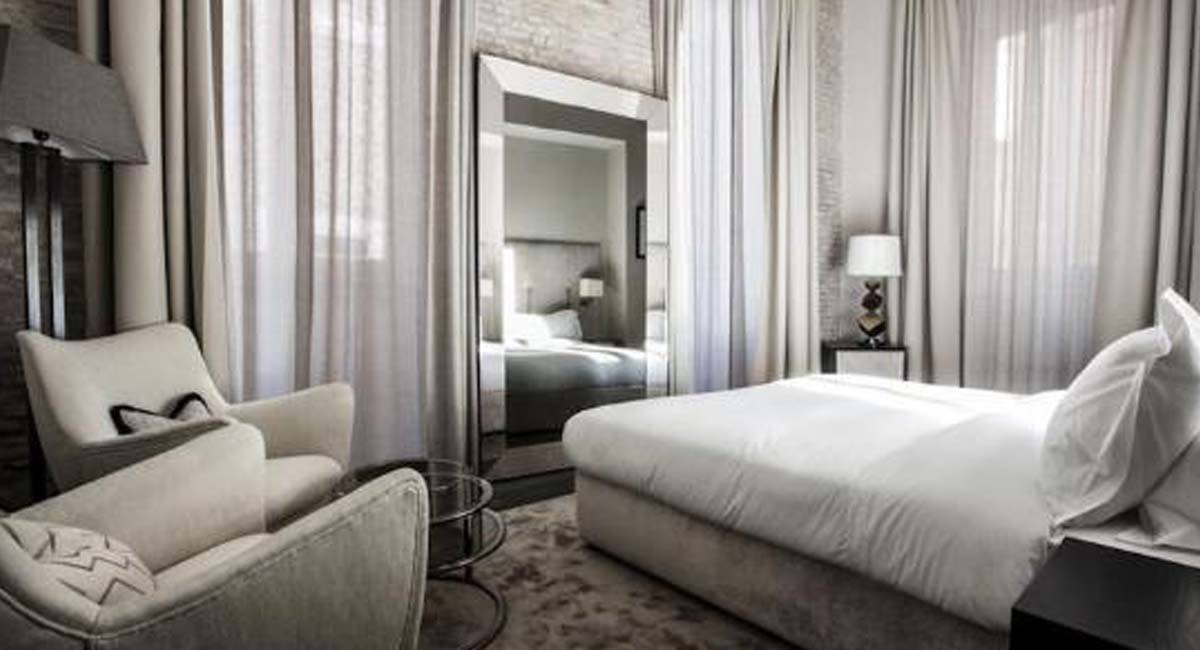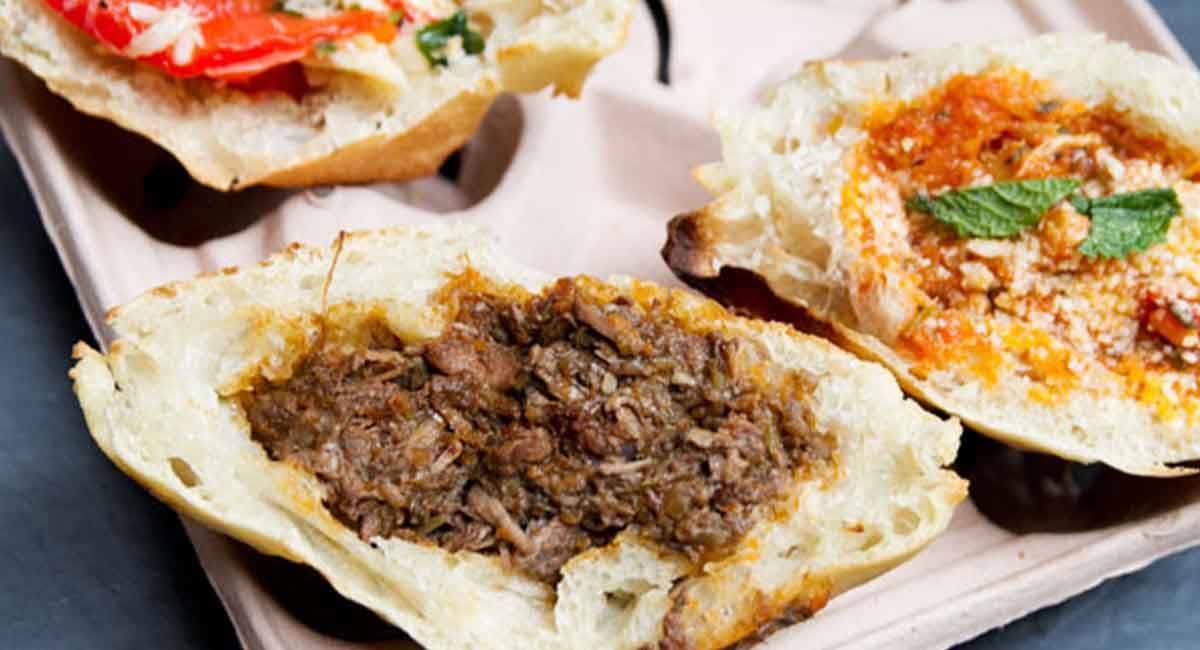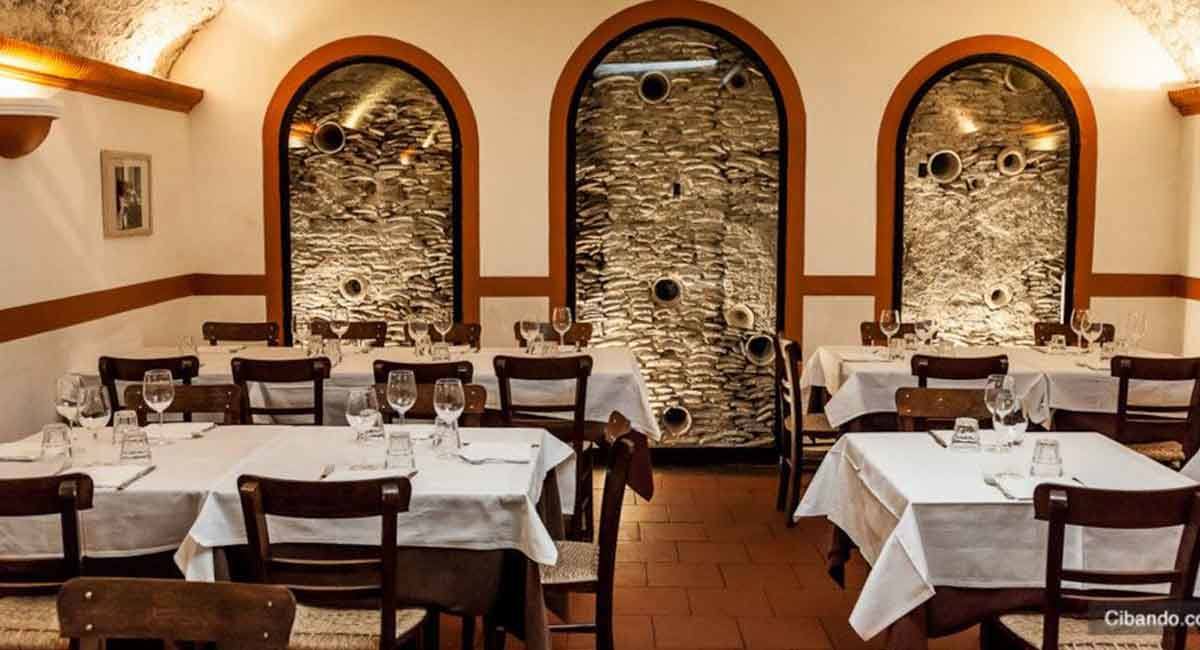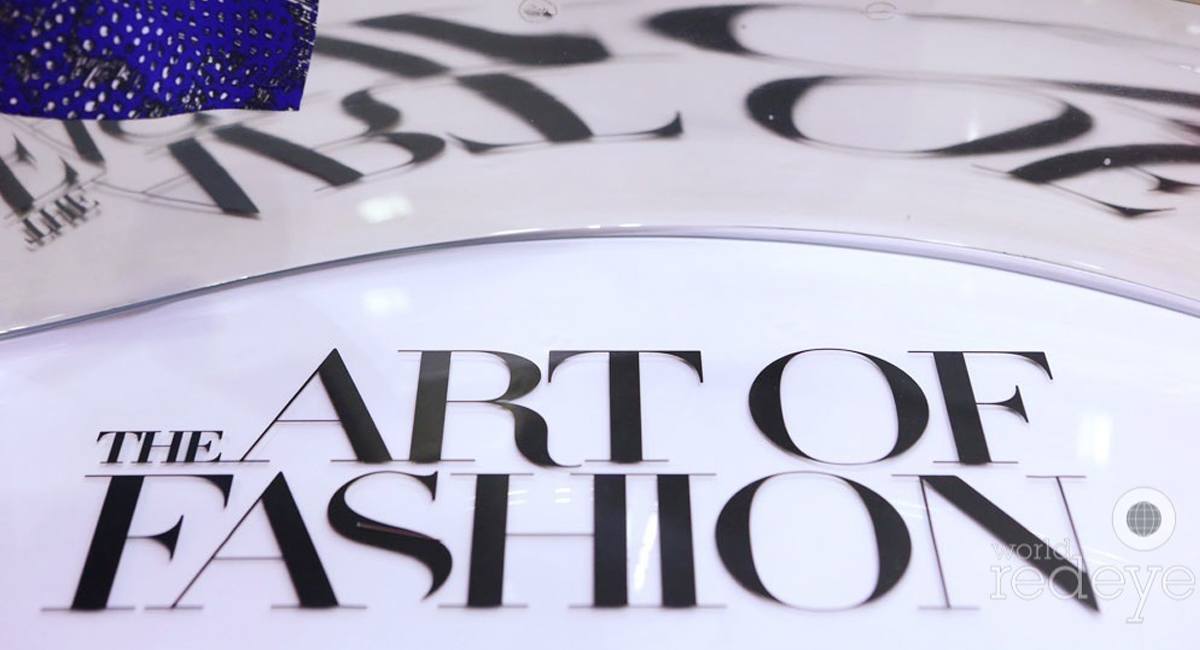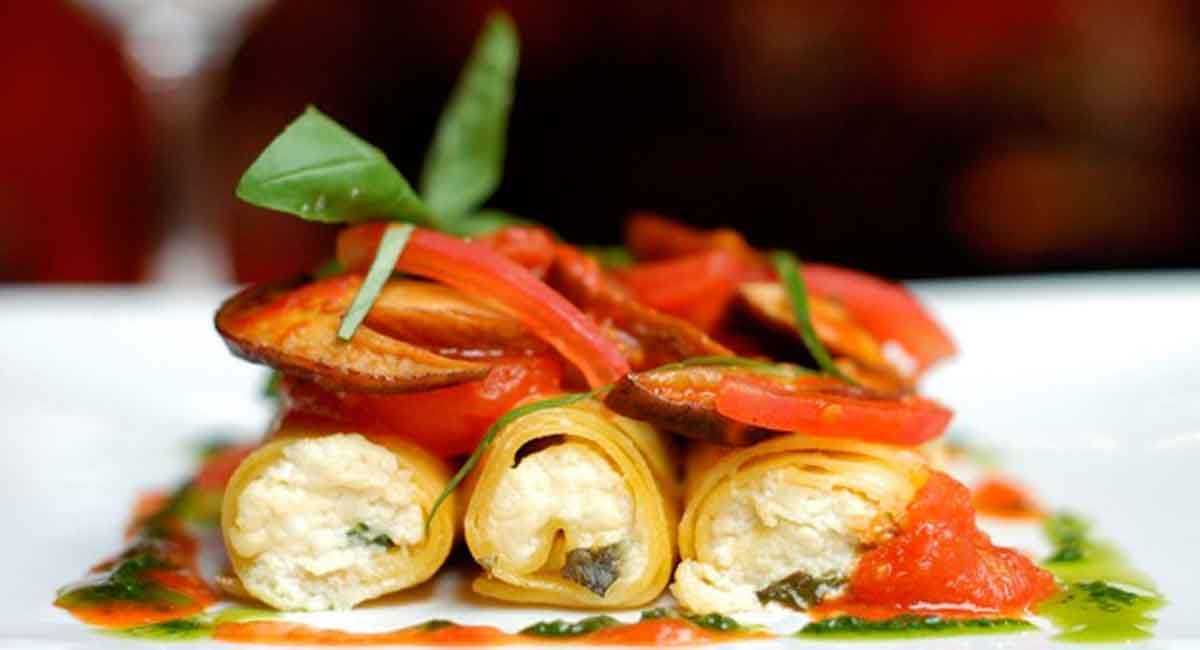The Art Of Fashion 16/12/2014
Designer Payal Khandwala, who launched her self-titled fashion label in 2012, will open her first store on Thursday, October 16. The 1,600 square foot place in Colaba’s art gallery-filled Grants Building is split into a store and a studio where Khandwala and her team will work and where she will paint. While she’s now more famous as a fashion designer who makes voluminous clothes in bold colours, forty-year-old Khandwala began her career as an artist. We interviewed the designer over email about her transition from art to fashion, her new store and how she likes to wear a sari and white shirt. Edited excerpts:
Why did you move from art to fashion?
I think the seeds had been sown a long time ago. My mum used to sew my clothes and my grandmother hers, plus both painted very well but were never trained in either. Also, I studied fashion at SNDT (University) many years ago, before I jumped ship to art with a Bachelor in Fine Arts and Illustration from the Parsons School for Design, New York. And then just overnight an opportunity arose to show at Lakme Fashion Week in 2012. I agreed and it grew from there!
There are a lot of rich colours in your collection but no prints. Will we see something new at the store?
Yes, we’ve worked on and developed prints, a first for the label. We kept them very simple, geometric and dramatic – an extension of the house aesthetic and easy to team with our signature separates. We also have a line of limited edition clothes, our classic shapes but in rich hand-woven silks and brocades, which we will stock only at the store.
Your collection stands out for comfortable silhouettes and ethnic fabrics and design. Is this your personal style?
Yes. It all started because I could never quite find the right combination of things I wanted in clothing – comfort, colour, proportions, drama. Something was always missing. Now I’m more mindful of what I design, keeping in mind what other women want – different sizes and shapes within our design DNA. I love the dichotomy in things so I find fabrics that we attribute to India work perfectly in western silhouettes.
How have you designed your store?
The store also houses our studio and an area where I will paint, so in time my art work will most likely spill into the space. In addition to this, I’m working on a mural that will alter and grow as time goes by. I designed the store space to be the opposite of the studio space, to echo that push and pull that I hope the clothing communicates, the masculine structured shapes with the lush jewel tones, the drapes and pleats. And because I designed the space and the clothes I think there’s a synergy between both.
What’s your favourite contemporary method of wearing a sari?
I don’t like messing with the sari too much; I think it’s best in its original form. I like it belted sometimes and pleated flat and ironed for more structure if I’m in that sort of a mood. Otherwise just a beautiful men’s shirt in white or in any colour (worn as a blouse) can do the trick!


